Zarif Alizoda: True Victims Were Well-Known Journalists Who Died by IRP Members
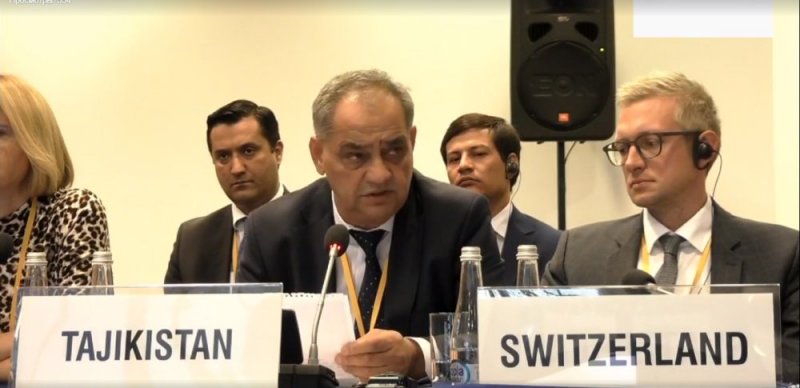
DUSHANBE, 20.09.2019 (NIAT Khovar) – During OSCE meetings which began on September 16, the head of the Tajik delegation, the Assistant to the President on Legal Issues Zarif Alizoda drew the attention of the participants to initiatives of the government of Tajikistan on ensuring democratic values and human rights.
Alizoda shared his opinion on changing the electoral system in Tajikistan on the basis of democratic norms and human rights, and added that after the 2015 parliamentary elections, a number of changes have been made to the electoral system in Tajikistan.
“On this basis, several proposals have been implemented. A separate law on the activities of the Election Commission was developed and adopted. The competence of this commission was expanded and it was transformed into a permanent agency. Representatives of all political parties as consultants take part in it. The law provides for the participation of independent and foreign representatives in elections,” said Alizoda.
Alizoda informed the participants that in the 2020 parliamentary and presidential elections will be held in Tajikistan.
“I want to take this opportunity and invite OSCE representatives and other international organizations to monitor the election process,” Alizoda added.
Regarding the situation with parliament and democracy, Alizoda noted that there are seven political parties in Tajikistan. Of these, three have their representatives in the country’s parliament. There are also three factions in the Tajik parliament.
“Group 24, which spoke earlier, was recognized by the Supreme Court of Tajikistan as an extremist organization and its activity is prohibited in Tajikistan. Moreover, I note that insulting the government of Tajikistan and the leadership of our country at a meeting of such a high level is unacceptable. The meeting room should not be turned into a place for settling scores,” Alizoda emphasized.
While speaking about the initiatives of Tajikistan and efforts in ensuring the rights and freedoms of citizens, Alizoda noted that the legal basis for the protection of journalists is fully ensured in Tajikistan.
“In 2012, articles on insult have been abolished from the Criminal Code of Tajikistan. Now the issue of dissemination of false information by journalists is considered in civil proceedings. Criminal penalties are also provided for in accordance with the current laws of Tajikistan for obstructing the activities of journalists,” Alizoda added.
“Unfortunately, we are talking about the rights and freedoms of journalists, but we are not considering their obligations. Only a joint consideration of rights, freedoms and duties can solve problems in the field of journalism,” Alizoda stated.
Alizoda categorically denied the pressure on journalists in Tajikistan and noted that some journalists in Europe publish several anti-government articles of extremist content calling for a change in the constitutional order and use this method to obtain refugee status. All means are acceptable to them.
Alizoda emphasized that the allegations that journalists became victims of official governmental bodies of Tajikistan are slander and noted that the true victims are the dozens of well-known journalists who died by the hands of the members of the terrorist-extremist organization Islamic Renaissance Party (TEO IRP).
“A striking example is Otakhon Latifi who was killed by the members of the TEO IRP. These and dozens of other facts are known to everyone and indisputable,” Alizoda noted.











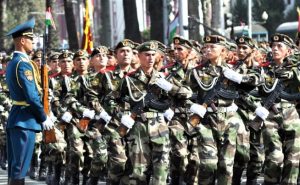 Tajikistan Celebrates the 33rd Anniversary of the Establishment of the Armed Forces with Grandeur
Tajikistan Celebrates the 33rd Anniversary of the Establishment of the Armed Forces with Grandeur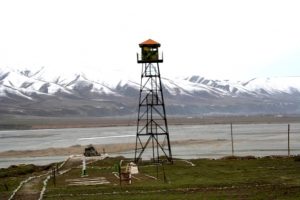 Statement by the Press Center of the Border Troops of the State Committee for National Security of the Republic of Tajikistan
Statement by the Press Center of the Border Troops of the State Committee for National Security of the Republic of Tajikistan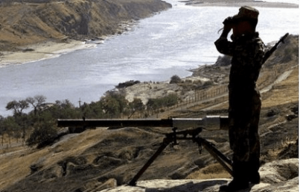 Statement by the Press Center of the Border Troops of the State Committee for National Security of the Republic of Tajikistan
Statement by the Press Center of the Border Troops of the State Committee for National Security of the Republic of Tajikistan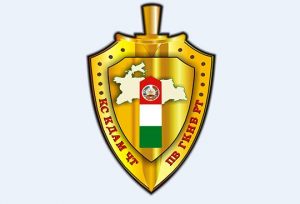 Statement by the Press Center of the Border Troops of the State Committee for National Security of the Republic of Tajikistan
Statement by the Press Center of the Border Troops of the State Committee for National Security of the Republic of Tajikistan Tajikistan and Uzbekistan agree to strengthen coordination in the fight against crime
Tajikistan and Uzbekistan agree to strengthen coordination in the fight against crime Gallup: Tajikistan Tops Global Safety, Stability, and Public Trust Rankings
Gallup: Tajikistan Tops Global Safety, Stability, and Public Trust Rankings Tajikistan Among the World’s Safest Countries
Tajikistan Among the World’s Safest Countries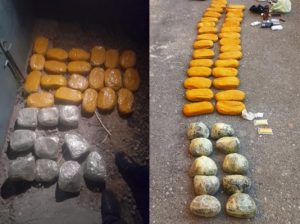 Attempt to Smuggle 70 Kilograms of Narcotics Foiled in Sughd Region
Attempt to Smuggle 70 Kilograms of Narcotics Foiled in Sughd Region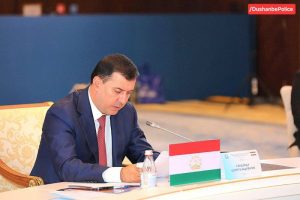 Public Order Maintenance in CIS Capitals Discussed
Public Order Maintenance in CIS Capitals Discussed Tajikistan Strengthens International Cooperation in Civil Defense
Tajikistan Strengthens International Cooperation in Civil Defense














